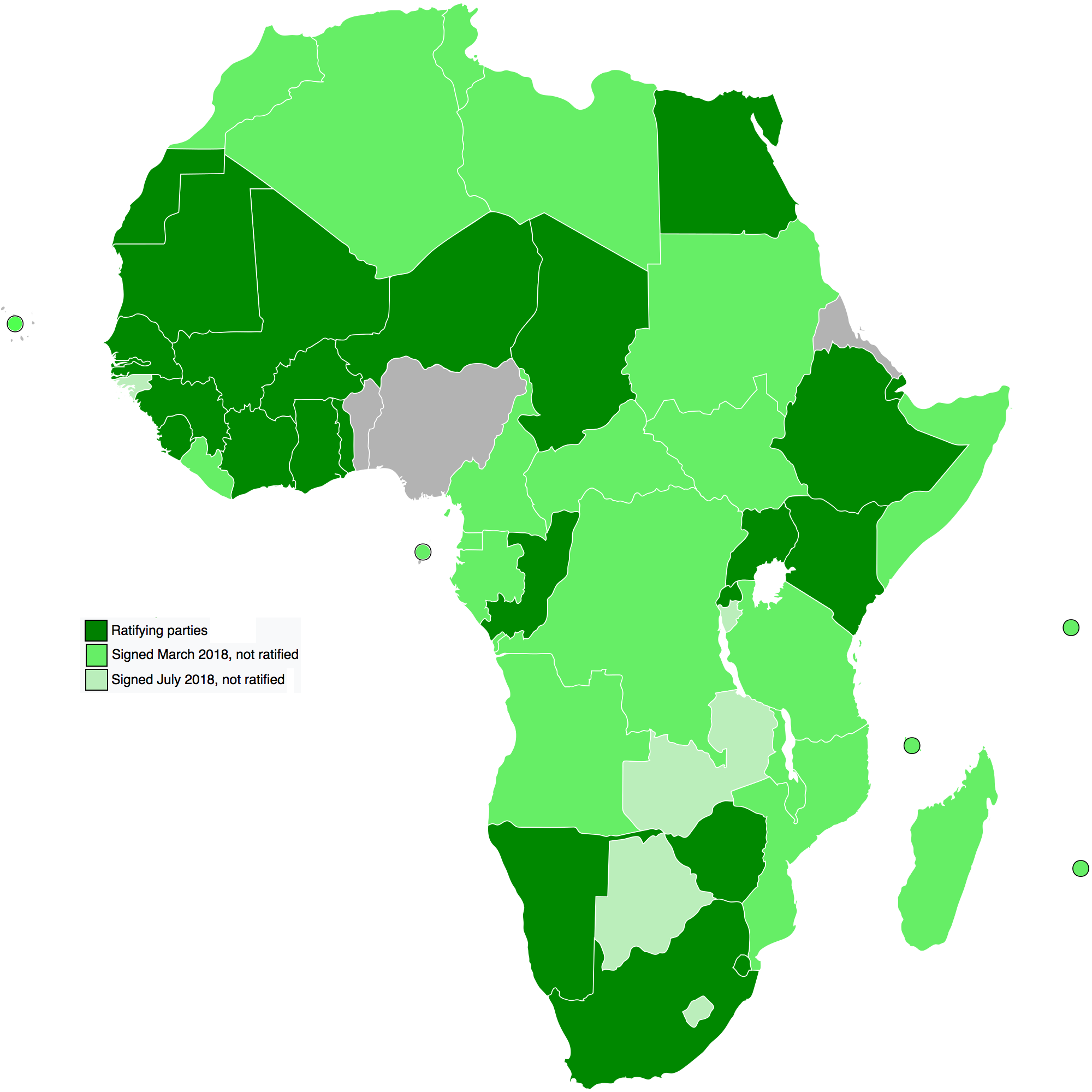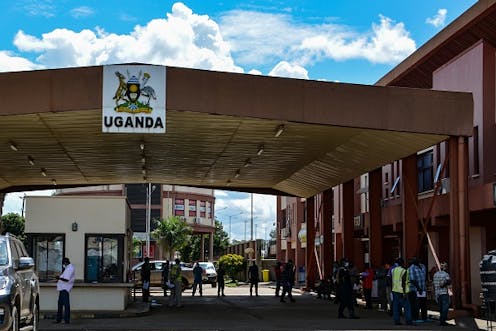
Image: en.populationdata.net
Introduction:
The murmurs of a new era are sweeping across the vast continent of Africa as the Africa Free Trade Agreement (AfCFTA) comes to life. Poised to transform the economic landscape of the continent, this agreement holds the promise of unprecedented growth, collaboration, and prosperity. Let’s embark on a journey to unravel the intricate tapestry of the AfCFTA, exploring its origins, benefits, and the immense opportunities it presents for Africa’s future.
The AfCFTA, signed in 2018 and headquartered in Accra, Ghana, represents a monumental leap in African economic integration. This comprehensive agreement aims to eliminate tariffs and other trade barriers among member states, fostering the free flow of goods, services, and investments across the continent. With 54 participating countries and a combined GDP of over $3.5 trillion, the AfCFTA creates one of the largest free trade zones globally, unlocking a world of possibilities.
Main Body:
Breaking Down the Barriers:
The AfCFTA is a game-changer for African trade, dismantling the myriad obstacles that have long stifled economic growth. By eliminating tariffs and other trade barriers, the agreement reduces transaction costs and makes it easier for businesses to operate across borders. This streamlined trade environment promotes increased investment, innovation, and efficiency, creating a more vibrant and competitive market for African goods and services.
Enhancing Value Chains:
Beyond reducing barriers, the AfCFTA also serves as a catalyst for enhancing value chains within the continent. With seamless access to larger markets, businesses can specialize in different stages of production, leading to greater efficiency and cost-effectiveness. This interconnectedness fosters collaboration and knowledge-sharing, creating a virtuous cycle of economic growth.
Empowering Small Businesses:
The AfCFTA holds particular promise for small and medium-sized enterprises (SMEs) that are the lifeblood of African economies. These businesses often face constraints in accessing markets beyond their borders due to scale, logistics, and financing challenges. The agreement eliminates these obstacles, giving SMEs the opportunity to expand their reach, diversify their markets, and compete on a global stage.
Continental Collaboration:
The AfCFTA fosters a sense of pan-African unity and collaboration, transcending national boundaries. This spirit of economic cooperation promotes dialogue, knowledge exchange, and the sharing of best practices. The agreement establishes mechanisms for cooperation in areas such as infrastructure development, standardization, and dispute resolution, creating a supportive environment for businesses to thrive.
Addressing Challenges:
While the AfCFTA presents immense opportunities, it also requires careful implementation to address potential challenges. Addressing infrastructure disparities, inadequate transportation networks, and varying regulatory frameworks among member states will be crucial for ensuring the agreement’s success.
Way Forward:
The implementation and success of the AfCFTA hinge on the active participation and commitment of all member states. Governments must prioritize trade facilitation measures, invest in infrastructure, and foster a conducive business environment. The private sector, academia, and civil society also have vital roles to play. Through collaboration and innovation, we can harness the full potential of the AfCFTA for the betterment of Africa and its people.
Conclusion:
The Africa Free Trade Agreement is a transformative initiative that has the potential to unlock Africa’s economic potential and reshape the continent’s future. By eliminating trade barriers, enhancing value chains, empowering small businesses, and fostering continental collaboration, the AfCFTA is a testament to the spirit of unity and prosperity that prevails in Africa. As we navigate the challenges and embrace the opportunities presented by this agreement, let us remain steadfast in our commitment to building an inclusive, equitable, and prosperous Africa for generations to come.

Image: theconversation.com
Africa Free Trade Agreement






